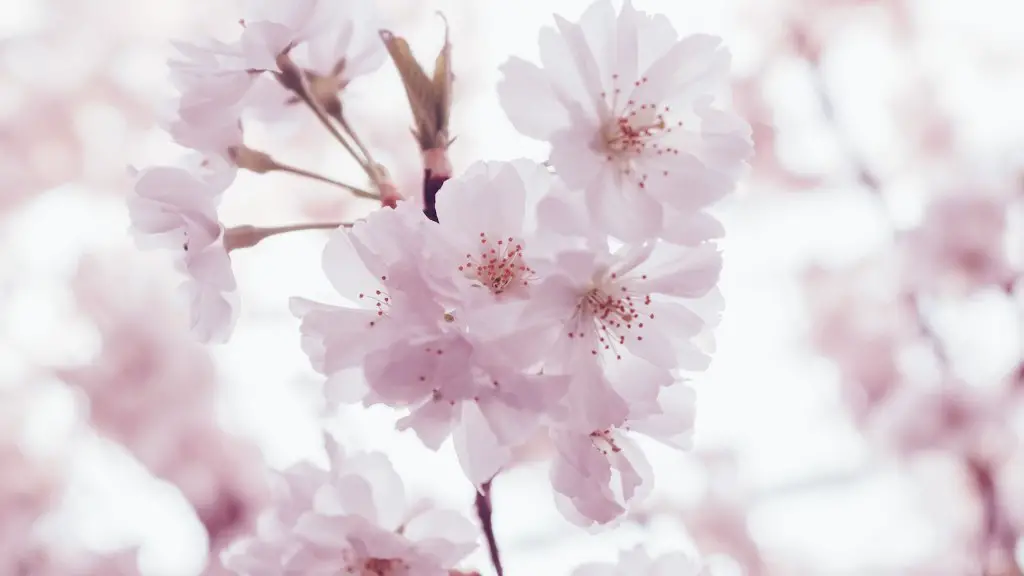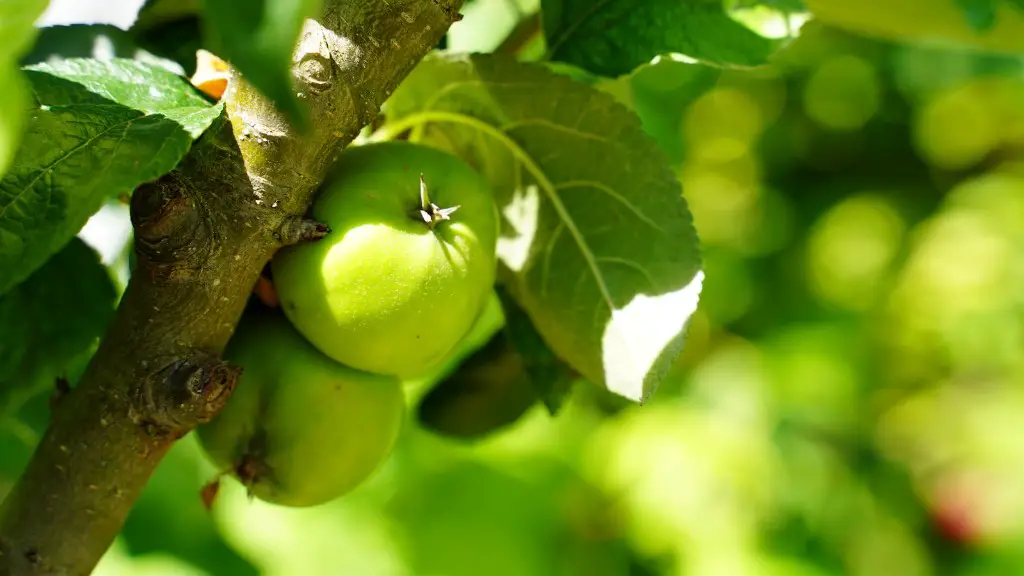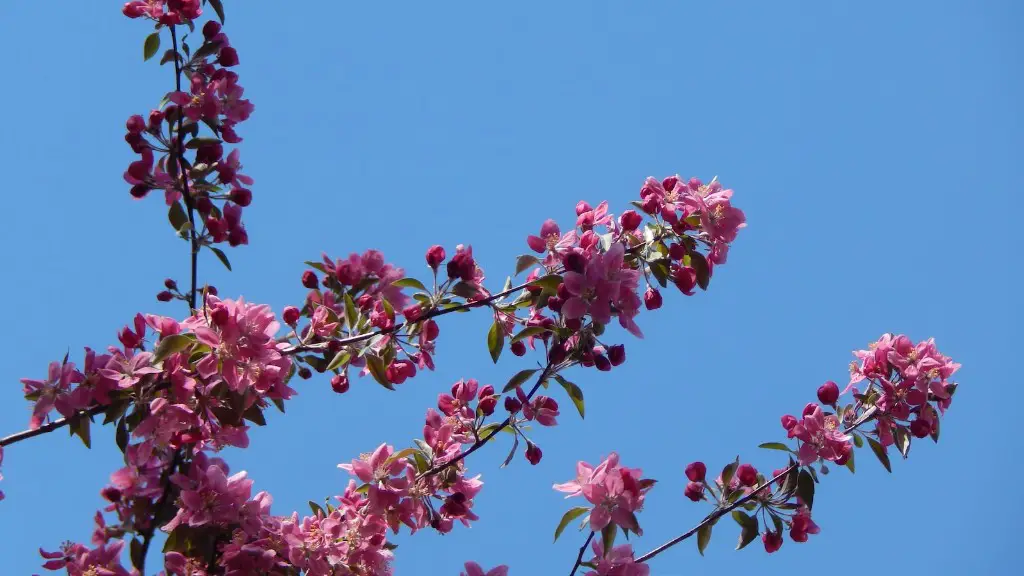The cherry tree is a common and popular tree in many countries around the world. Many of these trees are not producing fruits, leaving people perplexed and faced with the loss of a favorite treat. There are several reasons why cherry trees are not producing fruit, and understanding what is happening is the key to finding a solution.
First and foremost, the cherry tree is a temperamental species. They require specific temperatures, such as between 10 and 20 degrees Celsius during the day and between 0 and 10 degrees Celsius at night, for several days during their blooming season. Additionally, during this time, the cherrytree needs a sufficient amount of water, sunlight, and wind. If any of these factors is lacking,the cherry tree won’t bloom, and thus, the fruit won’t set.
Another reason why cherry trees are not producing fruit is pollination. The cherry tree uses both biotic and abiotic pollination methods. A cherry tree needs pollinators, such as bees, flies, or moths, to transfer the pollen from one flower to another to allow successful pollination. If this process is not successful, the cherry tree will not produce fruit.
Pruning is perhaps one of the most common reasons why cherry trees are not producing fruit. Pruning is the process of trimming dead and insect-infested limbs from the cherry tree. Without the proper pruning techniques, the tree may suffer from diseases, insect infestations, overcrowding, and too much shade. These conditions will result in the cherry tree not producing fruit.
The cherry tree can also produce small, underdeveloped fruits in some cases. The cause of this is because of weather conditions and the lack of pollination. Hot and cold spells can disrupt a cherry tree’s typical development and result in small,unripe cherry fruits.
Finally, it is important to feed the cherry tree and make sure the soil is moist and nutrient rich. If the soil has a lack of nutrients and is not moist enough, the cherry tree will be unable to absorb the nutrients it needs to grow and bear fruits. Experienced gardeners suggest giving the tree a plant food fertilizer with potassium each spring, summer, and fall.
Soil Conditions
When assessing why cherry tree are not producing, soil conditions should not be overlooked. Cherry trees require shallow rooted soil that drains well, with a pH between 6 and 7. Poor soil conditions can inhibit the cherry tree’s development and can cause the cherry tree not to bear fruit. Depending on what type of soil the cherry tree is planted in, additional agents such as grass clippings, compost, or manure may be needed to improve the soil conditions.
Chicken and Pests
Two other reasons why cherry trees are not producing fruit include chickens and pests. Chickens love to scratch at cherry and eat the fall fruit. If a cherry tree is not producing fruit, it could be due to a flock of chickens taking a passport throughout the tree. Additionally, various pests, such as leaf rollers, mites, aphids, and thrips, can damage and eat the cherry tree’s leaves.
Wrong Variety
Another common reason why cherry trees are not producing fruit is the wrong variety. Cherry trees require a minimum of two different varieties of cherry trees, one as the pollen donor and one as the host variety. Without this combination, the pollen of the cherry tree will not be viable, resulting in no fruits.
Dormancy
Lastly, mature cherry trees may go into dormancy for natural reasons. During this time, cherry trees will not produce any fruit and will enter an inactive phase. This is common during the winter months and is normal and natural for the cherry tree.
Understanding the potential reasons why cherry trees are not producing fruit is the first step in finding a solution. Once all potential scenarios have been taken into consideration, finding a solution will be much easier. This could involve adjusting the soil conditions, providing adequate water and sunlight, changing the variety of trees, or providing more protection from pests. With proper care and attention, the cherry tree can recover and start producing fruit again.


